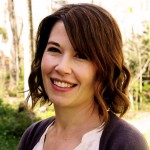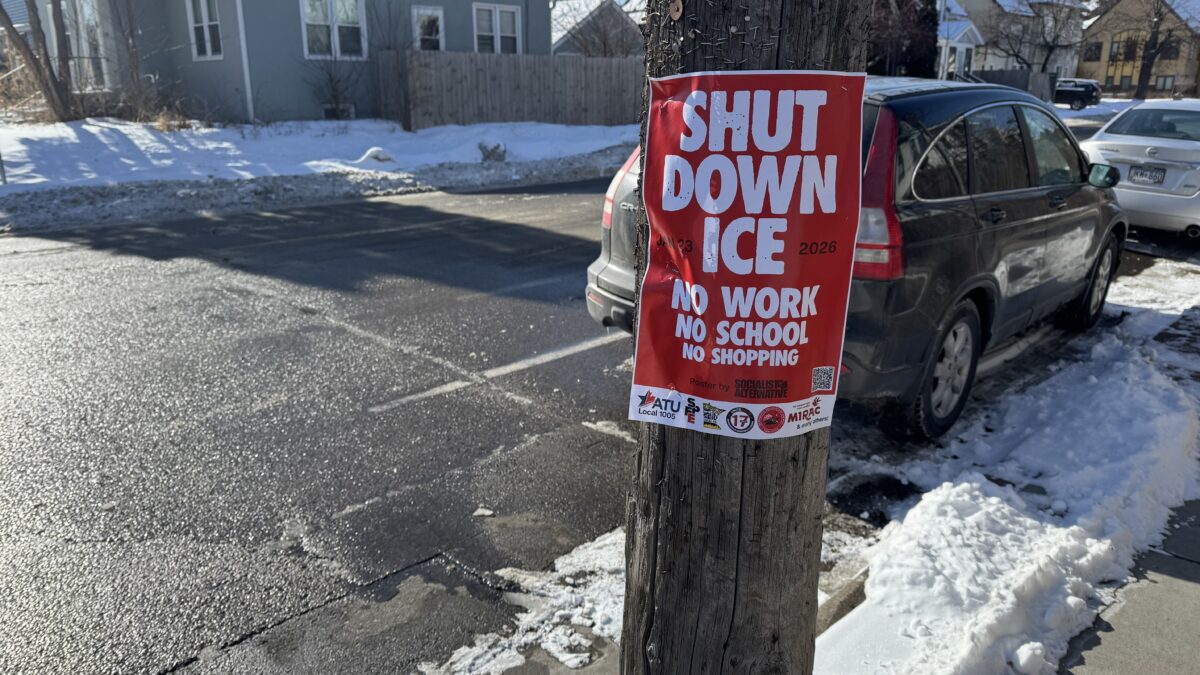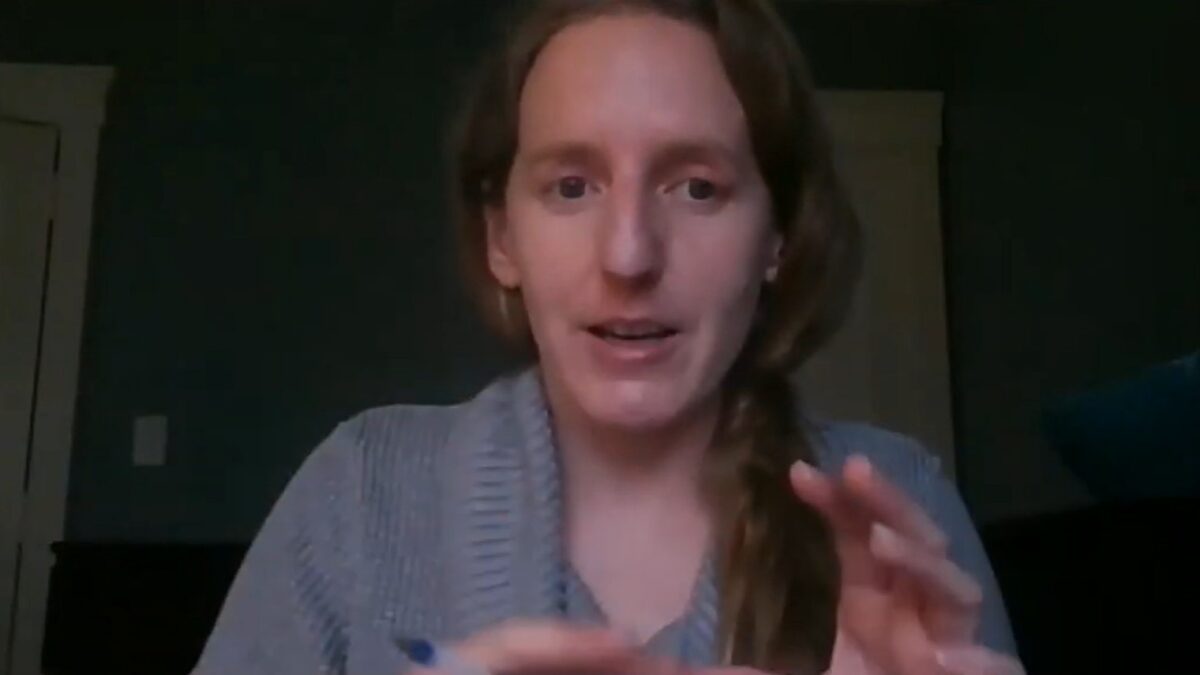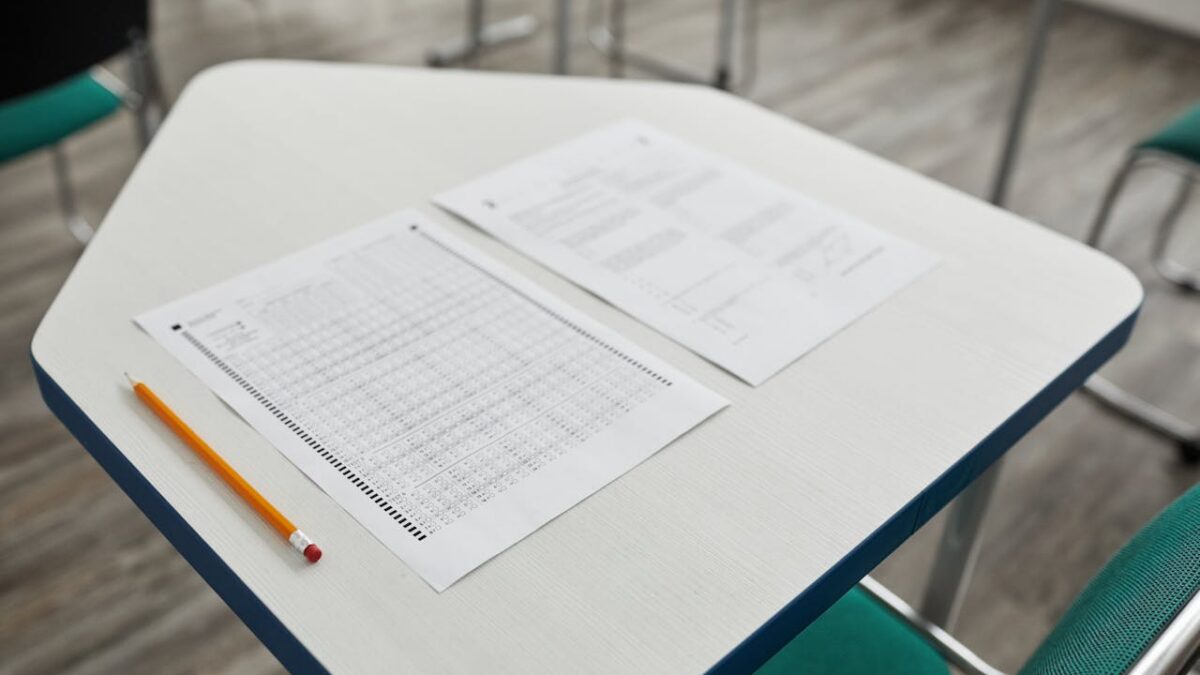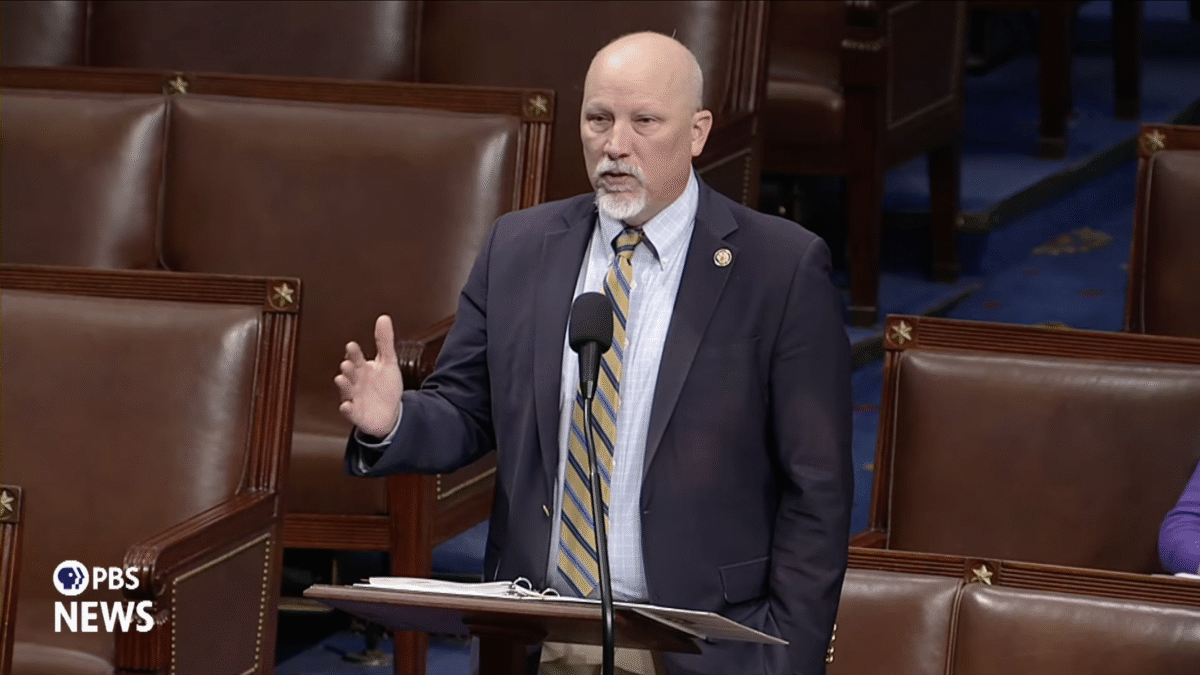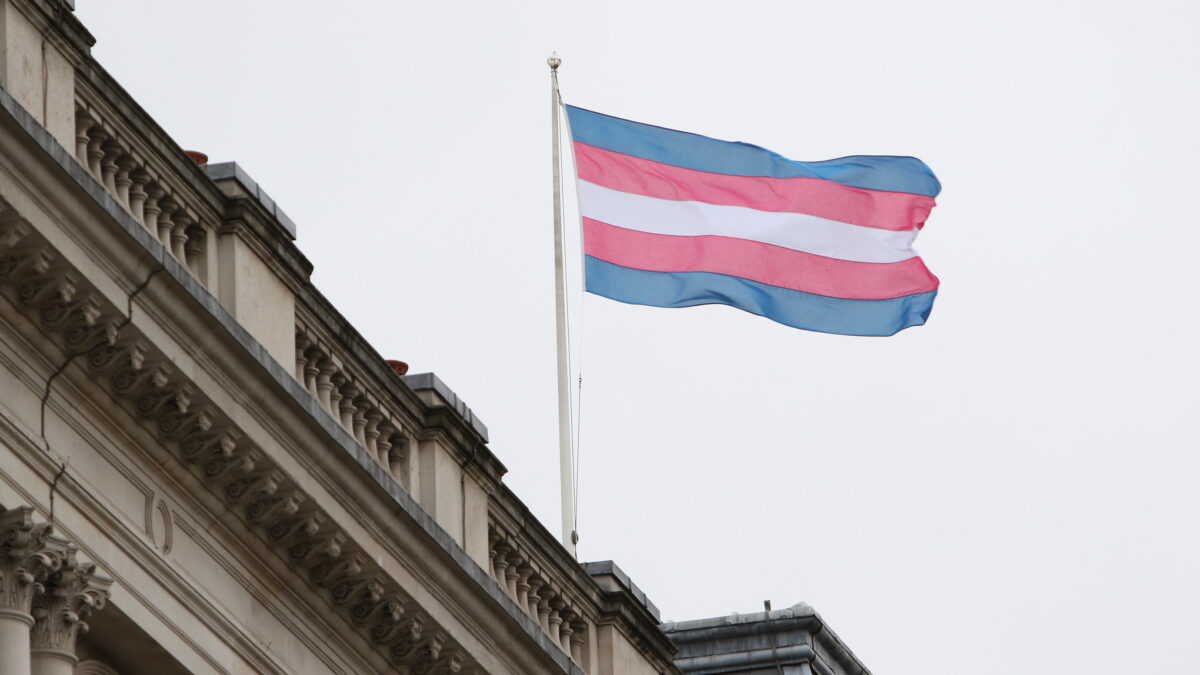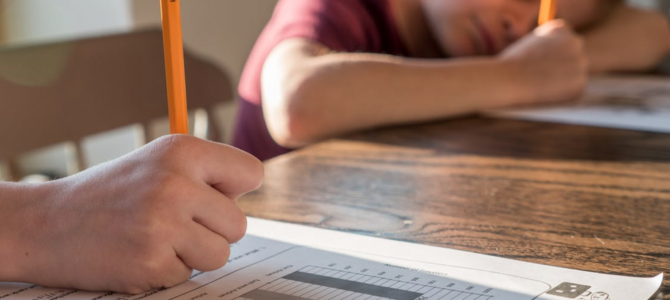
Gallup released the results of a new poll on K-12 education last week, reflecting the post-COVID-19 landscape. Entitled “K-12 Parents’ Satisfaction with Child’s Education Slips,” the summary buried the lede in the bullet points: “[P]ercentage of K-12 parents homeschooling this year has doubled, to 10%.” You read that right. Gallup’s data suggests that, since last year, the home-school community in America has doubled in size. One in every 10 families with school-age children is now home-schooling.
The poll was careful not to conflate remote public-school instruction with true home-schooling. “Will your oldest child attend public, private, parochial, charter school — either in person or remotely — or will they home-school this year?” Gallup asked. “By ‘home-school,’ we mean not enrolled in a formal school, but taught at home.”
The effect of the Wuhan virus crisis is obvious in the responses: Parents reported declining participation in every institutional school option, with the exception of “charter school.” Still, the decline of “public school” was the most notable, falling from 83 percent to 76 percent.
Given the fact that this poll measured families, not children, the percentage of home-schoolers among the overall student population could be even higher. Samantha Spitzer, a certified teacher and home-schooling parent, believes this to be the case. Spitzer has been hosting “how to home-school” workshops throughout her local region of West Virginia this August. She’s seen dozens of first-time home-schoolers showing up at each forum.
“I talked to someone at my county school board office,” Spitzer said. “She left on a Friday evening, Aug. 7, and by Monday morning she had 175 notices of intent to home-school on her desk — all from brand-new families.” Based on public school enrollment numbers, Spitzer estimates that in one local county, as many as one-fourth of K-12 children might be homeschooled this year.
At the Virginia-based Home School Legal Defense Association, the largest membership organization for home-school families in America, “the phones are ringing off the hook.” That’s according to the organization’s Vice President Jim Mason, who said he’s never seen an increase of this magnitude before.
“This major event is potentially transformational because people are breaking the bonds with the public schools that they might not have before,” Mason told me. “But in the process, they may discover that they actually like home-schooling.”
One Family’s Decision to Try Home-Schooling
For Nicki Hall, that’s exactly what has happened. Although she’s only two weeks into her home-schooling journey, so far she’s loving the pace of life it affords her two daughters, ages 9 and 11.
“I can’t even describe how well our first week went. It felt so natural,” Hall told me. “Our school day is a lot shorter. We’re done by 1:00 or 1:30 in the afternoon. My kids get to play more. They get more free time. And they love not having homework in the evening.”
Hall made the decision to pull her children from public school earlier than many families. “I decided in the spring, during the quarantine, that I would home-school next year,” she told me. “I bought my curriculum in April.”
Factors in her decision included the safety of her husband, who has health problems, and concerns that instruction would suffer, with schools playing catch-up after the long break. Her overriding reason, however, was a desire for consistency and stability. “I would have been freaking out with the way the public school plans keep changing,” she said. “I’ve felt so much better just knowing that I’ve made my decision. I know what I’m doing.”
Hall told me some of her daughters’ former schoolmates are being home-schooled for different reasons. “Some of my friends have come to home-schooling kicking and screaming. They just feel there is no other choice right now.” For these families, the biggest deciding factor was a bad experience with remote public school instruction during the lockdown. “Their kids just didn’t learn well remotely. They hated sitting at a screen for hours every day. It left a bad taste in all of our mouths.”
In contrast to remote public school, Hall said her daughters loved their first week of real home-schooling. “I think they like the freedom. They told me, ‘Mom, I could see us doing this for a long time.’”
Will the Pandemic Change Education?
The million-dollar question: How many pandemic home-schoolers will be like the Halls? Will COVID-19 lead to a permanent shift in the education landscape, or will it be a one-year phenomenon? Are policymakers considering this question as they make decisions about reopening schools?
The American Federation of Teachers responded to a request for comment by pointing me to its policy statement on reopening schools. The teachers union recommends strict six-foot physical distancing throughout the school day, masks, and hybrid schedules that rotate children into the classroom a few days a week.
Its plan also admits that instability is likely, saying, “[W]e may be opening and closing for a number of months while we secure these measures.” The union had nothing to say about home-schooling, other than to link to an interview about “home learning,” or remote public school.
While unions might prefer to ignore the tidal wave of new home-schoolers, local school districts can’t. According to Mason, “There are public school districts around the country that are trying to make it difficult for people to leave the public schools, even temporarily.”
One San Diego principal issued a notice to new home-school parents, threatening them with child welfare investigations unless they submit “an affidavit of proof in an accredited homeschool program.” The end of the principal’s message sounded a note of desperation: “We really do hope all families give our public schools a chance to show what they can do! We have wonderful teachers who provide excellent instruction even in an online environment.”
Spitzer, who taught in public schools for 12 years, said the ever-shifting pandemic containment measures are destroying the morale of her teacher friends: “They are being inundated with all these new regulations — all the technology for remote learning, all the disease containment for in-person school. They’re working double what they normally do, trying to do their best. And as usual, the people giving them the mandates aren’t there to see how things actually play out in the classroom.” She sighed. “I’m so glad I’m not a teacher right now. My heart goes out to them.”
‘That’s Enough. They’re My Kids.’
Despite the sadness of watching public school teachers, children, and families struggle, Spitzer sees the opportunity for improvement that an education shake-up provides. “I am already seeing the blessings coming out of this burden,” she said. “I’m seeing the one-room schoolhouse come back. I’m seeing parents who have the confidence to take the reins now, and who are making connections with their kids.”
Hall is just one such parent. “I had always wanted to try home-schooling,” she told me, saying she’d never been at peace with the level of control public school exerted over her children and family. “My kids — these are little people who literally came out of me. And I have to ask the school’s permission to take them on a vacation? The school gets them for seven hours a day, and then they demand more time of them in the evening? When we move to remote learning, now they’re controlling my home environment too? No. That’s enough. They’re my kids.”
Despite all this, Hall never had the confidence to home-school until now. “I always felt scared and woefully unequipped,” she told me. Seeing the chaos of the public school coronavirus response finally pushed her off the fence. “Honestly, I thought, ‘Well, I can’t screw it up any worse than this.’”
Both Spitzer and Mason told me the key to longevity will be helping families turn the corner from trying home-schooling to discovering they can truly succeed. Veteran home-school families can play an important role in encouraging new families and giving them the tools they need. For those who have only known public education, it’s a shift to realize a different model of education is possible, a model that prioritizes relationships.
“If new home-schoolers will just relax, enjoy their kids, and discover the joy of what they’re being compelled to do now, that will carry them through,” Mason said. “And who knows? Perhaps it will keep them in the home-school movement.”
